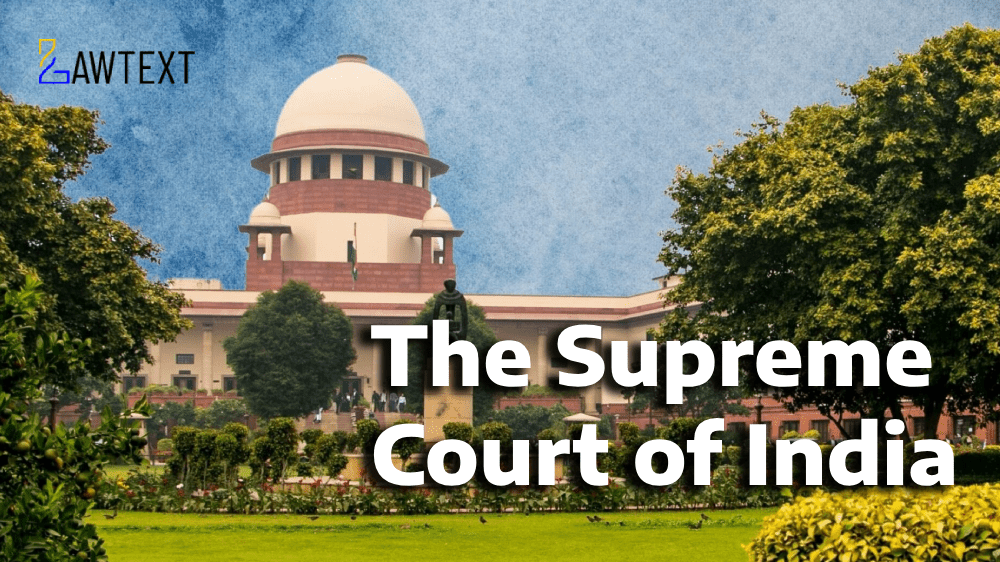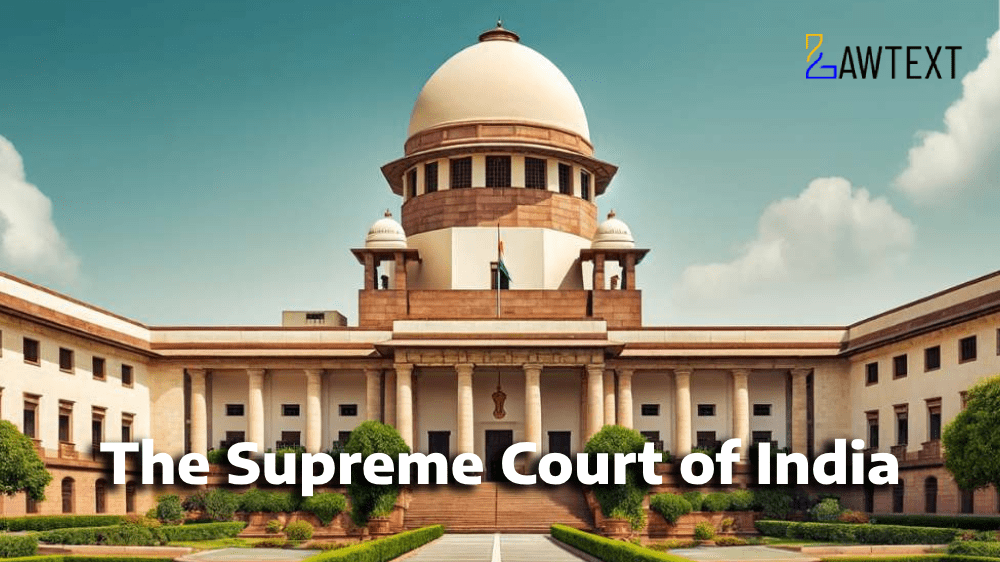Case Note & Summary
The Supreme Court addressed the appellant's prolonged suffering due to medical negligence. After undergoing an appendectomy, a surgical needle was left in her abdomen, causing continuous pain for years. The District Forum awarded Rs. 5 lakhs for negligence, which was reduced by the State and National Consumer Commissions. However, the Supreme Court restored the original compensation with 9% interest and Rs. 50,000 in litigation costs, ruling that the hospital failed to provide adequate care and post-surgical attention.
1. Introduction and Procedural Background:The appellant, Jyoti Devi, underwent an appendectomy at Suket Hospital, Himachal Pradesh, but experienced prolonged pain post-surgery. A surgical needle left in her abdomen required further surgery at PGI Chandigarh. Alleging medical negligence, she claimed compensation of Rs. 19.80 lakhs. The case was adjudicated across consumer forums, culminating in a Supreme Court judgment.
2. Initial Award by District Consumer Forum:The District Forum recognized the negligence of the surgeon and hospital, awarding Rs. 5 lakhs in compensation for the physical pain and medical expenses Jyoti Devi suffered over five years. The hospital’s insurer was also held liable.
3. Reduction of Compensation by State and National Commissions:On appeal, the State Commission reduced the compensation to Rs. 1 lakh, arguing that the hospital's actions did not warrant the amount awarded by the District Forum. The NCDRC partially increased this to Rs. 2 lakhs, applying the Eggshell Skull Rule but provided minimal rationale for this reduction.
4. Supreme Court Judgment:The Supreme Court restored the Rs. 5 lakh award, noting the inconsistencies in reducing the compensation despite clear negligence. The judgment emphasized that the claimant's prolonged suffering warranted a higher compensation and criticized the lower commissions' failure to justify their reductions adequately.
5. Eggshell Skull Rule:The National Commission applied the Eggshell Skull Rule, which holds a defendant liable for the full extent of damages even if the plaintiff is unusually susceptible to injury. However, the Supreme Court found that the application of this rule was inappropriate in this case, as no pre-existing condition was identified that made the appellant more vulnerable to harm.
Acts and Sections Discussed:
Consumer Protection Act, 1986 - The case was adjudicated under this Act, which protects consumers from deficient services and provides for compensation. Eggshell Skull Rule (from tort law) - Discussed in relation to its application by the National Commission, though found misapplied by the Supreme Court.Ratio Decidendi:Medical negligence must be compensated adequately, particularly when the negligence leads to prolonged suffering, and compensation must align with the gravity of the harm caused. The Eggshell Skull Rule, which holds the defendant liable for all consequences, should only be applied when there is a pre-existing vulnerability, which was absent in this case.
Subjects:Medical Negligence, Consumer Protection, Compensation, Supreme Court, Eggshell Skull Rule, Surgery Malpractice, Tort Law.
Issue of Consideration: JYOTI DEVI VERSUS SUKET HOSPITAL & ORS.
Premium Content
The Issue of Consideration is only available to subscribed members.
Subscribe Now to access critical case issues







